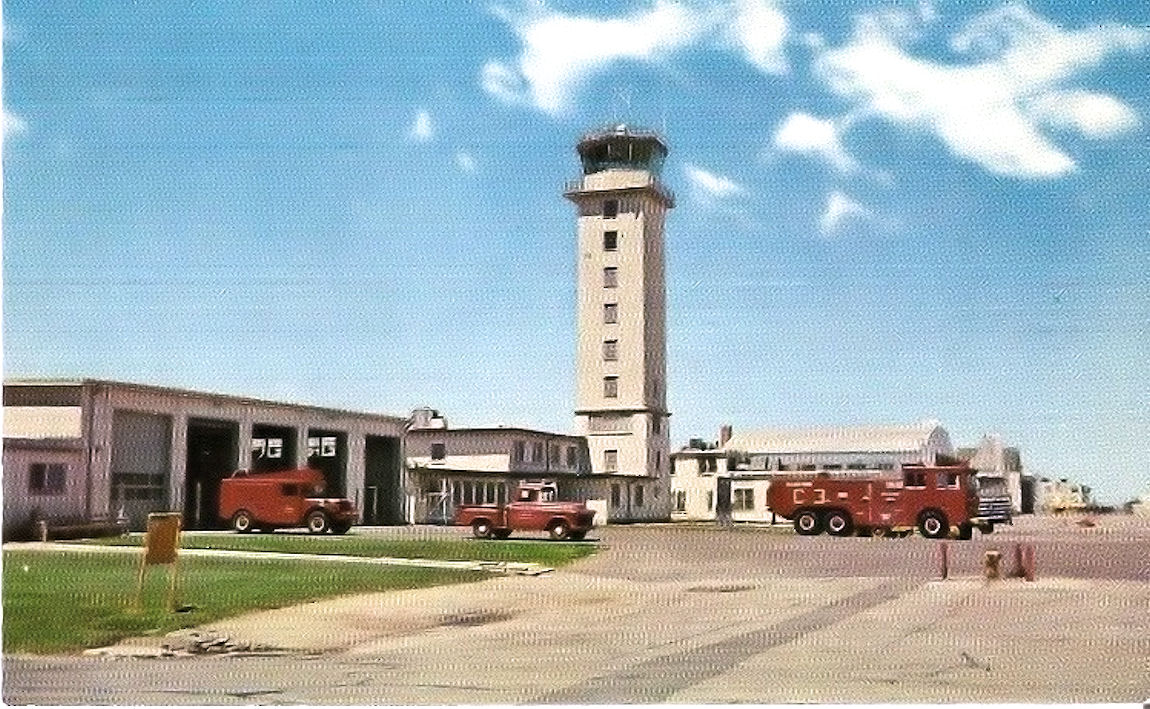
The testing of private wells around eastern New Mexico’s Cannon Air Force base to see if they are contaminated with “forever” chemicals from the military installation was recently finished by the state’s Environment Department.
The New Mexico Environment Department concluded testing of private wells for per- and polyfluoroalkyl substances (PFAS) in Curry and Roosevelt counties in June 2021 as part of a testing program funded by the legislature in 2020. The Air Base sits in Curry County and is closely adjacent to Roosevelt County.
Using the best available approved analytical methods, the Curry and Roosevelt County sampling program tested for 28 different PFAS compounds at 55 wells across Curry and Roosevelt Counties. Initial PFAS sampling at private wells started on April 12, 2021 and concluded on June 9, 2021. Analysis by certified laboratories and review of analysis results by NMED PFAS data specialists continued through September 2021. NMED directly notified all well owners of their individual results. The interim report can be viewed here.
While there is no national drinking water standard for PFAS, the U.S. Environmental Protection Agency established a drinking water Lifetime Health Advisory level of 70 ppt for PFOA and PFOS, two specific PFAS chemicals. Neither of those chemicals were detected in any of the samples collected during this study.
In addition, all detections of PFAS in the well water samples analyzed as part of this project returned concentrations that are well below the most stringent standards of states that have established state-specific PFAS standards.

“PFAS is a threat to the health and safety of New Mexicans and the environment that compels us to gather credible scientific data,” said Cabinet Secretary James Kenney. “This effort equips regulators, residents and businesses with critical information about the safety of our water supply and adds to our growing body of knowledge about the presence of these harmful chemicals in Eastern New Mexico. Through this funding from the Legislature, we are informing the participating private well owners that their water is not contaminated with unsafe levels of PFAS.”
During the 2020 legislative session, legislators appropriated $100,000 to the Environment Department “for a well testing program for signs of contaminated drinking and agricultural water resources in Curry and Roosevelt counties. With this funding, NMED developed and implemented a PFAS sampling program in the designated counties. NMED’s Drinking Water Bureau conducted the sampling program in partnership with the U.S. Geological Survey.
Additionally, NMED entered a Memorandum of Understanding with Clean Water Partnership-Cannon (CWPC), a local advocacy group, to develop a formal working partnership between CWPC and NMED to help implement the PFAS well sampling program in Curry and Roosevelt Counties.
Known as “forever chemicals,” PFAS do not degrade in the environment and can contaminate groundwater. When ingested, PFAS can have adverse effects on human health, including decreased vaccine response in children, increased cholesterol levels, small birth weights and increased risk of kidney and testicular cancers. PFAS can also impact the reproductive cycles of animals, leading to a higher risk of endangerment and extinction.
Source: press release






